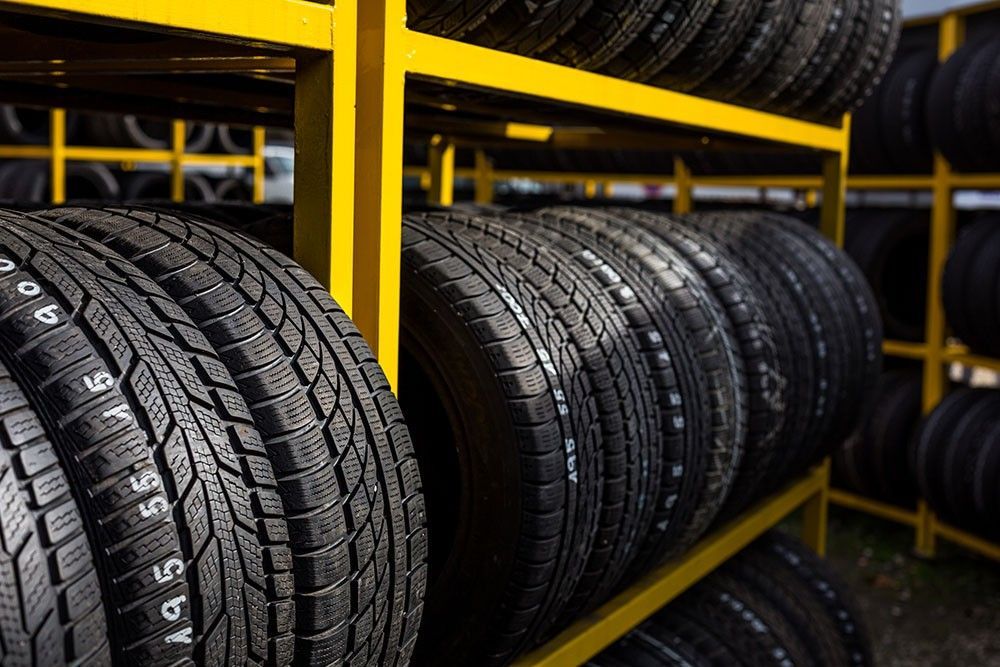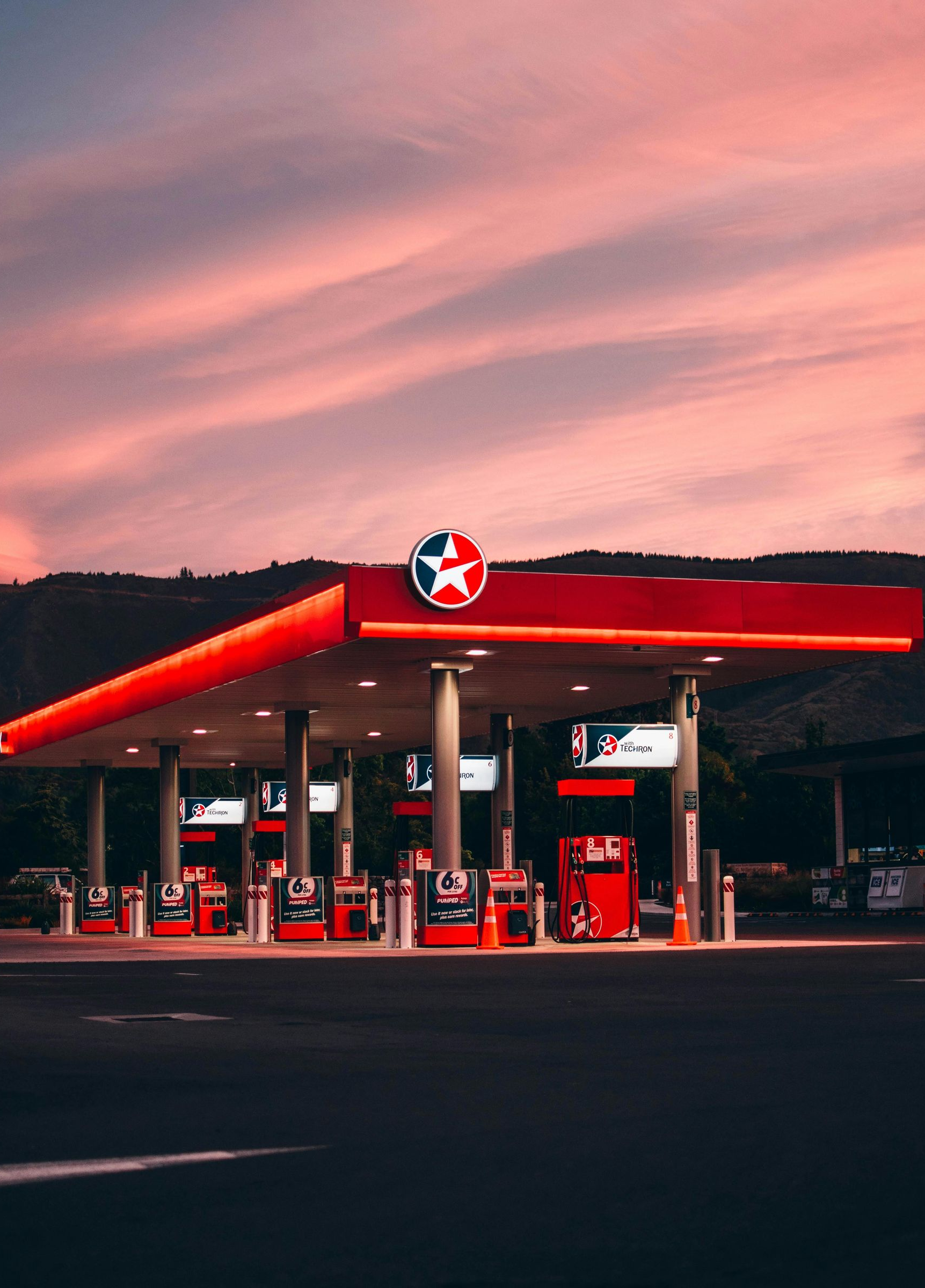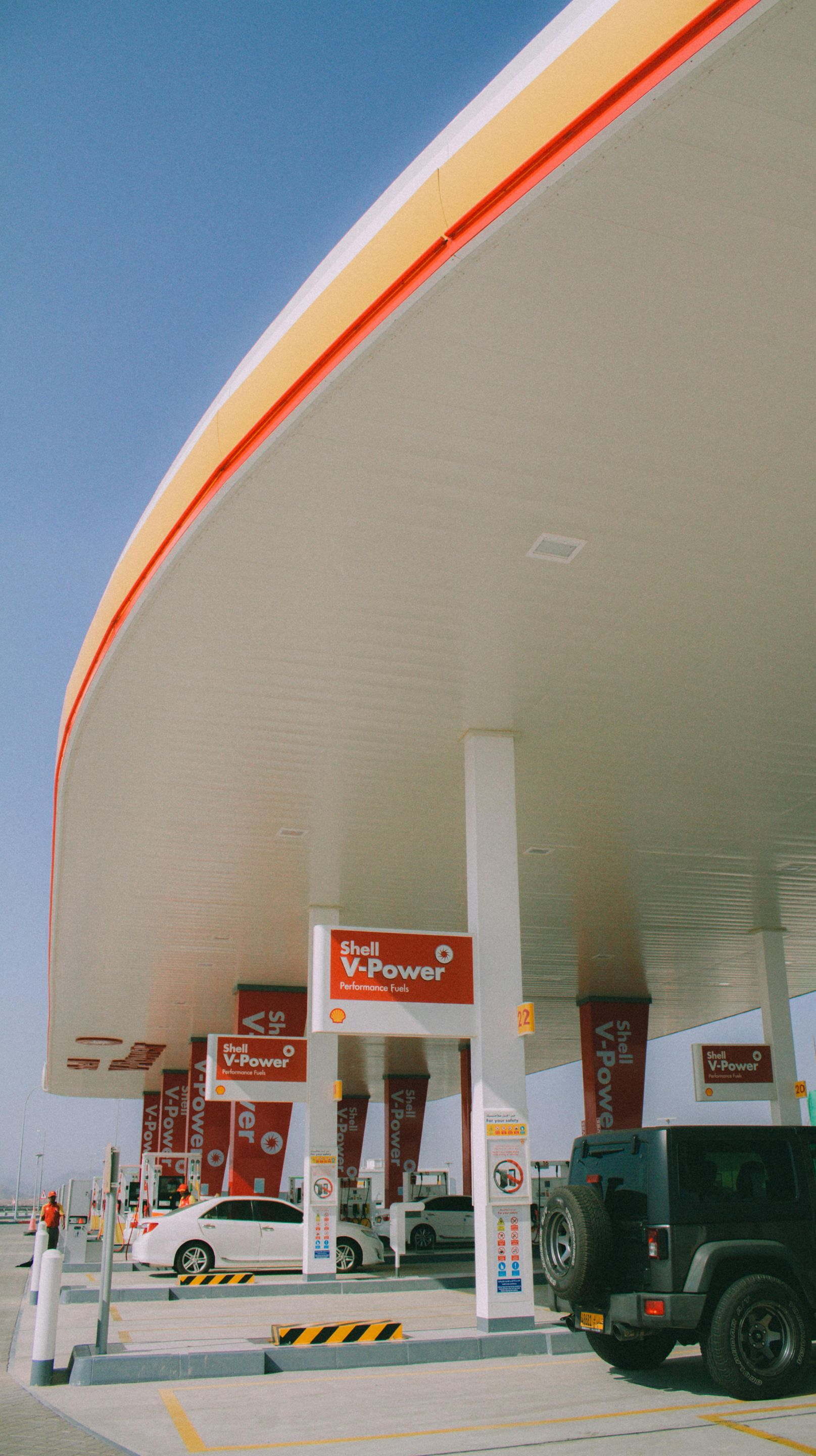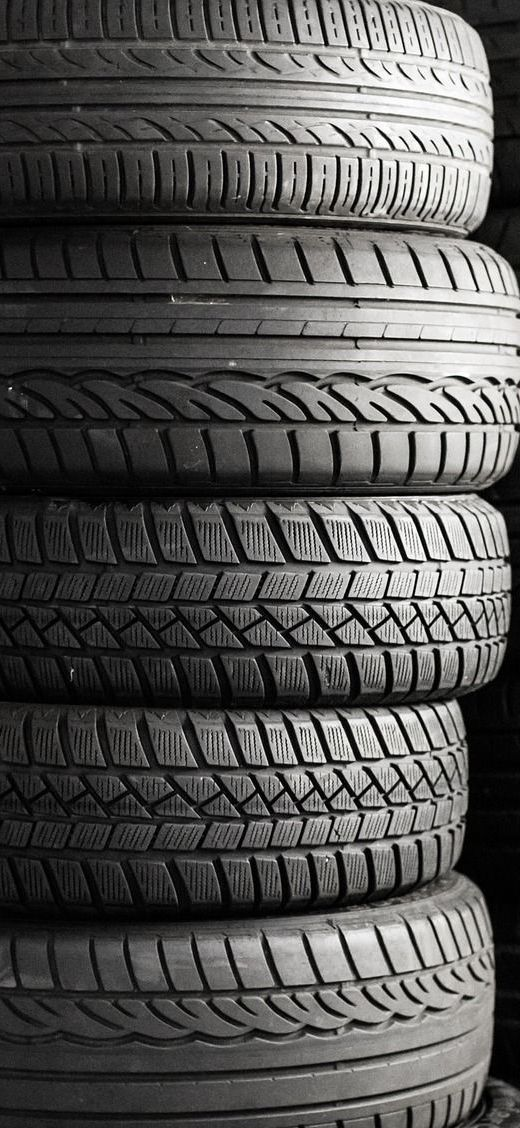The Connection Between Tire Health and Fuel Economy
The Hidden Factor in Gas Mileage
When drivers think about saving money on fuel, they often focus on vehicle size, engine performance, or driving habits. While these factors are important, one of the simplest and most effective ways to improve fuel economy is through proper tire care. Healthy tires reduce rolling resistance, improve handling, and ensure that vehicles operate as efficiently as possible. At Raymond’s Tire Shop, we help customers protect both their tires and their wallets by showing how regular maintenance leads to measurable fuel savings.
What Is Rolling Resistance?
Rolling resistance is the amount of energy required to keep a tire moving at a constant speed. Tires that are underinflated, worn, or misaligned create more resistance,
forcing the engine to work harder. The harder the engine works, the more fuel it consumes. By contrast, properly inflated and well-maintained tires reduce rolling resistance, helping vehicles travel farther on the same amount of fuel.
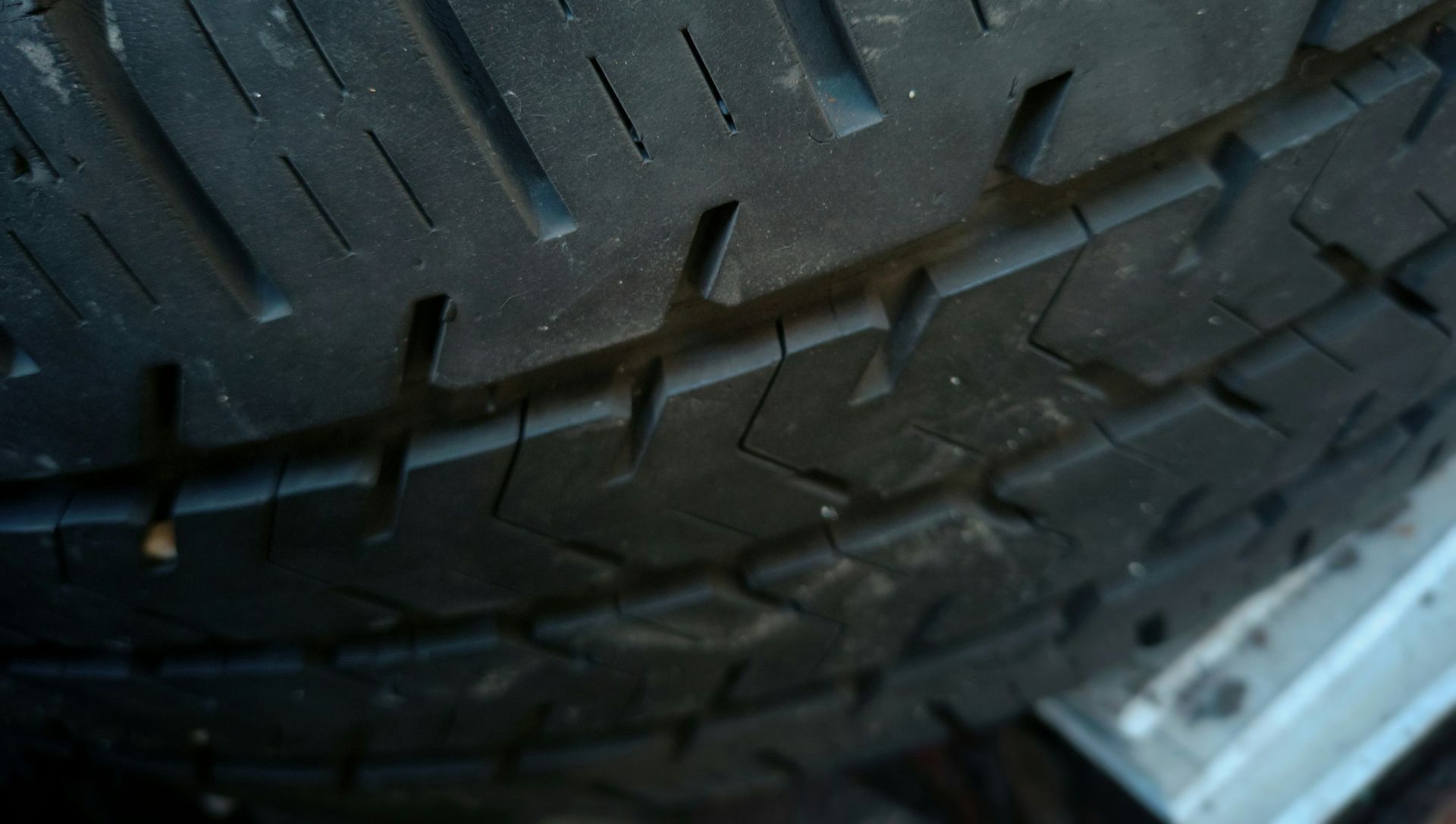
Tire Pressure and Fuel Efficiency
Maintaining correct tire pressure is one of the easiest ways to improve gas mileage. According to the U.S. Department of Energy, keeping tires properly inflated can improve fuel efficiency by up to 3 percent. While that number may sound small, it adds up quickly, especially for drivers who commute long distances or operate larger vehicles. Underinflated tires not only waste fuel but also wear out faster, compounding the cost to the driver.
Checking tire pressure regularly, especially during seasonal temperature changes, ensures that tires remain at manufacturer-recommended levels. Even a small drop in pressure across all four tires can increase fuel consumption.

Tread Depth and Traction
Tire tread also affects fuel economy. Worn or uneven tread can reduce traction, making the engine work harder to maintain speed, particularly in wet or slippery conditions. Conversely, tires with healthy tread maintain consistent contact with the road, maximizing efficiency. Drivers who monitor tread depth and replace tires before they become dangerously worn benefit not only from safer handling but also from reduced fuel use.
Alignment and Balance
Wheel alignment and balance play a significant role in tire health. Misaligned wheels cause uneven wear, which increases resistance and reduces efficiency. Poor alignment may also pull the vehicle off course, requiring constant steering corrections that further decrease fuel economy. Professional alignment ensures that tires wear evenly and perform optimally, extending their life and reducing gas costs.
Choosing the Right Tires
Fuel economy begins with the tires themselves. Some tires are designed with lower rolling resistance, helping vehicles achieve better mileage. While premium options may cost more upfront, they often deliver long-term savings through reduced fuel consumption and longer tread life. At Raymond’s Tire Shop, we guide customers in selecting tires that match their driving needs, balancing performance, durability, and efficiency.
Long-Term Savings
Healthy tires create a ripple effect that benefits the entire vehicle. Reduced rolling resistance lowers fuel use, proper inflation extends tire life, and correct alignment prevents costly suspension repairs. Taken together, these benefits make tire maintenance one of the most cost-effective strategies for drivers who want to save money over the life of their vehicle.
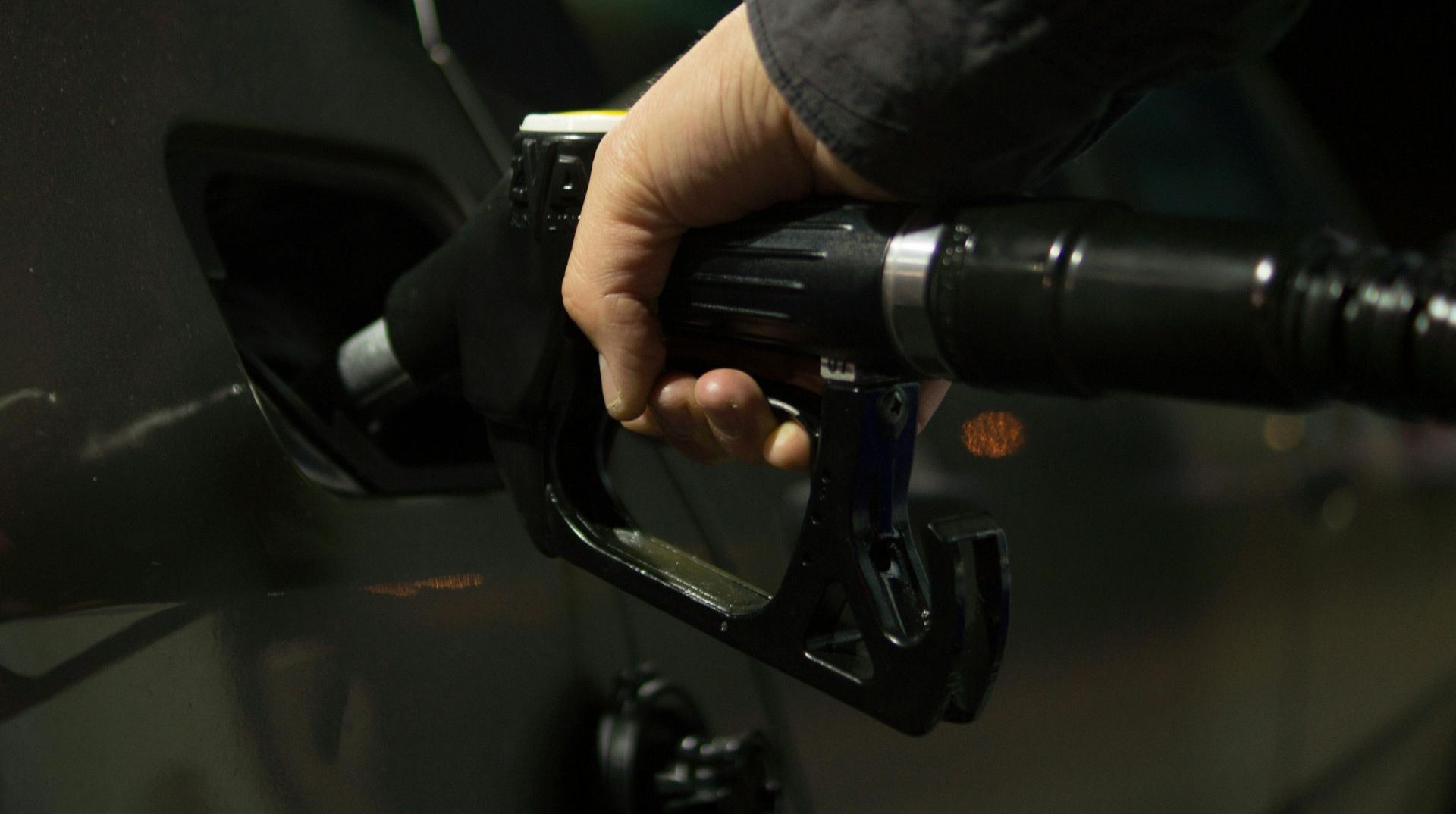
The Role of Professional Care
While drivers can check pressure and tread at home, professional tire shops provide the expertise and equipment to maximize efficiency. From rotations and alignments to recommending fuel-efficient tire models, our team ensures that customers get the most value out of every gallon of gas. By combining routine maintenance with professional care, drivers enjoy both immediate and long-term financial benefits.
Final Thoughts
Tires do more than keep vehicles moving; they play a direct role in fuel consumption and overall operating costs. Proper pressure, healthy tread, and professional alignment all contribute to better mileage and lower expenses. For drivers looking to make their fuel dollars stretch further, taking care of tires is an essential step.
At Raymond’s Tire Shop, we are committed to helping our customers save money and drive safely. With expert tire care and professional advice, we make sure that every set of tires delivers maximum efficiency and performance.





